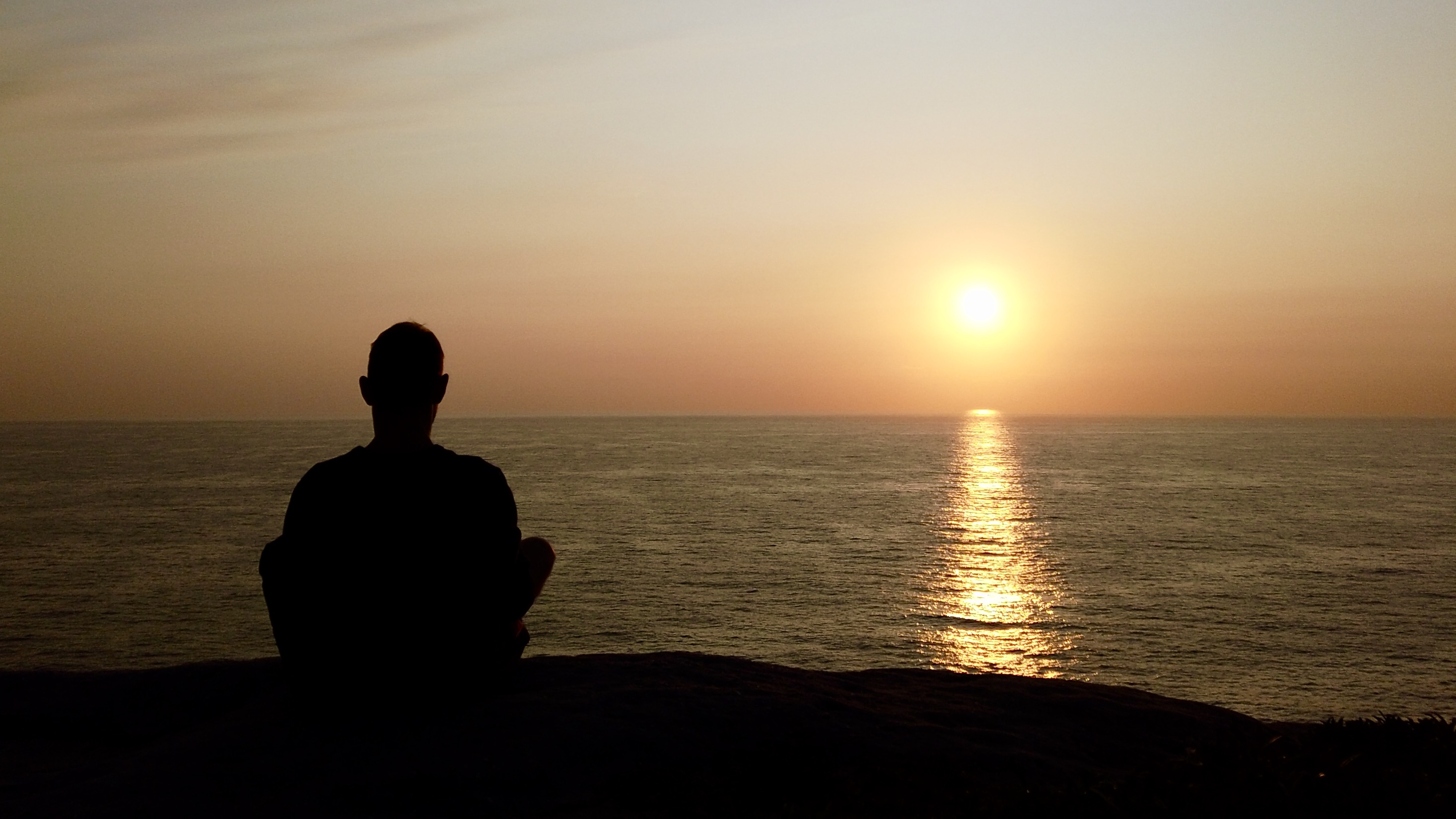Do you want to know the difference between a great meditator and an average meditator?
A great meditator does it every day, even when they don’t feel like it – especially when they don’t feel like it.
After six years as a meditator, I’ve come to learn that the times I don’t feel like meditating are the times I need it the most.
It’s the same with exercise – if I’m feeling lethargic, running’s the last thing I feel like doing and it would be easy to tell myself I don’t have the energy for it.
But I know to push on through the malaise – the energy to run comes from running itself. When the blood starts flowing and the endorphins kick in, that’s when it feels good. It’s what I need to snap me out of whatever mental fug I’m in. But that doesn’t stop the first few minutes often feeling awful.
It can be the same with meditation – and this is something many of my meditation students report. The first few minutes of meditation – sometimes even ten minutes or more – can be like the warm-up for a run.
It’s when the first wave of stress thoughts are ready to come out – it’s not always enjoyable when they’re coming out but it’s a case of better out than in. I know that on the other side there’s a place of peace and relaxation.
The secret to habit building
The big secret is to make things non-negotiable. This saves you having to haggle with yourself every day where the lazy version of you will doubtless sometimes win.
If you make things non-negotiable, they have to happen whatever. One of my colleagues calls it “feeding the baby” – you’re going to make it happen no matter what else comes up.
And the encouraging thing is that once you’ve wrangled yourself to do something for a certain amount of time – 100 days is what I advise my students – hey presto, you have a habit.
Habits have a tendency to stick when we stick to them – but that goes for bad ones too.

Getting stuck with bad habits
On Friday nights I used to get drunk religiously, even if there was nowhere good to go, no one interesting to go with and no part of me felt like doing it.
I’d wake up hungover the next day and mourn the loss of another productive Saturday, but do it all again the following week.
Do you have a coffee every day without thinking about it? That’s the power of habit.
Author Gretchen Rubin calls habits “the invisible architecture of daily life”. She says we repeat about 40% of our behaviour almost daily – so if we change our habits, we change our lives.
That’s amazing when you think about it – the ability to become the architect of your life, without falling prey to reactivity where you’re constantly at the mercy of external events.
Creating a habit is a bit like launching something into orbit. It takes a certain amount of energy to lift off and leave the atmosphere – sometimes a huge amount – but once you’re in orbit you’ll keep on spinning forever.
So if you want to create a habit – do it even when you don’t feel like it, especially when you don’t feel like it.
Before long you’ll be stratospheric.


